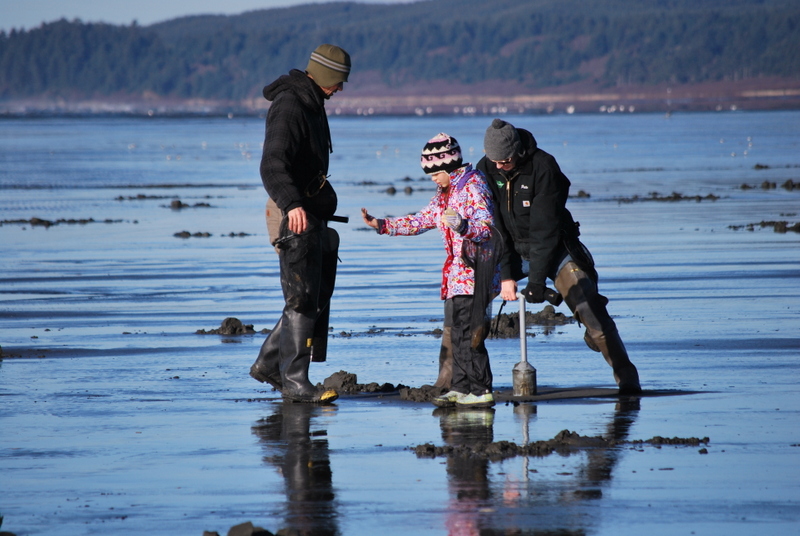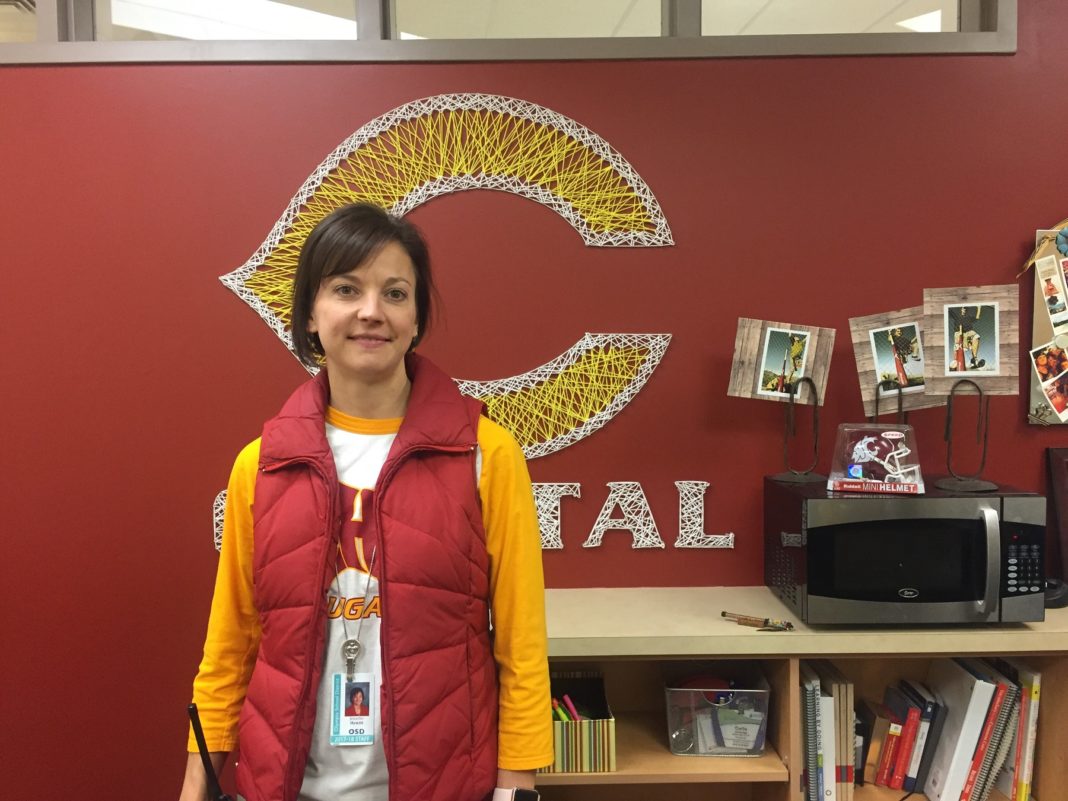As you walk through the halls or step into the bathrooms at Capital High School you’re faced with posters that ask simple questions. They ask if you’re looking to go to college. They ask do you have stable housing? Maybe your parents couldn’t afford your last house and now can’t find affordable housing. Have you’ve been couch surfing or on and off living with a friend? Do you live apart from your parents with no financial support from them? If you answer yes to any of these questions, are facing homelessness or don’t have a stable nighttime residence then you may qualify for the McKinney-Vento Program.
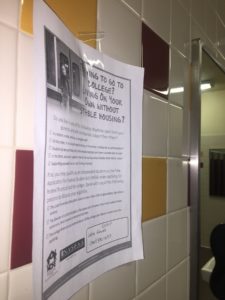
The McKinney-Vento Program is for students who do not have a stable living situation. It gives students equal opportunities for education and breaks barriers some students might face when in a situation involving homelessness or housing instability. Yet, the program goes beyond basic living arrangements. It helps students who need basic needs like clothing, school supplies and food. It offers students transportation who are out of district due to changes in their living situations, allowing them to stay in their school. This also includes transportation support which might be a city bus pass or gas voucher for students who can’t afford gas to get to their school. This part of the program helps students be able to stay at Capital High School even when their living situation changes.
District Coordinator Leslie Gowell talked about how important this aspect is to students, not only academically but socially. When speaking about the program Gowell said, “The biggest thing it does is help kids maintain school stability and all the research says that it’s important for students to be able to attend the same school for at least a year because every disruption results in sometimes two to three months of lost learning.”
As the federally funded program’s thirty year anniversary approaches, the impact it has had on the community is immense. The program has strong ties with the housing community as that tends to be their main focus, making sure students and families have a safe place to stay. McKinney-Vento has strong ties with local family centers as well. Gowell explained that many students don’t have a stable place after school to do homework and don’t have internet access which can be a major obstacle to learning success. “We have a relationship with the Boys and Girls Clubs of Thurston County,” she shares as a strategy to close this divide. This gives students the opportunity not only to complete school work, but to obtain scholarships and mentorship as well.
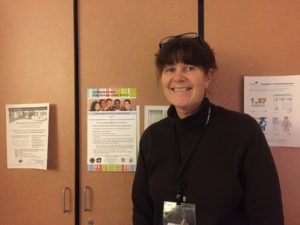
Together, the program and community have created stability for students and families who feel like they are out of options. This allows students to have hope for a future. This future includes finishing high school and a plan for achievement beyond graduation day including college, trade school and more. They’re given the tools and strategies, along with the support needed in order to achieve these goals. The program can pay for waivers for state testing, like the SAT or even IB (International Baccalaureate Program) testing.
Gowell shared some of the issues she and her colleagues administering the McKinney-Vento Program face. The most challenging issue is the complicated task of identification of these students at school so their educational rights under the McKinney Vento Act can be supported. There is a lot general confusion around what constitutes homelessness. The McKinney Vento definition of student “homelessness” is very broad compared to the typical definition of adult homelessness. It includes any student who do not have a “fixed, regular, adequate nighttime residence.”
Confusion about the McKinney Vento definition of homelessness is one challenge to identification. Gowell says many students do not like to be identified as “homeless” and as a result, many keep this private due to feeling embarrassed or ashamed. “There was a National study just last year that said sixty percent of all high school students don’t want anybody to know what their current living situation is,” Gowell shared. “They’re the population that is invisible in plain sight.” She discussed that changing the negative connotation associated with the word homelessness can be very powerful.
Another issue they face is helping families that have no shelter and are about to face the winter season. “Right now it’s cold weather shelter season,” said Gowell. “The cold weather shelter just opened up so we’re going to try and support those families again, making sure every day their student can get to school.”
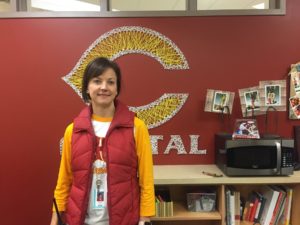
For students who don’t live with a parent or legal guardian or families can’t afford it not having health care has significant impact students education. Jennifer Hewitt, assistant principal at Capital High School and Capital’s liaison for the McKinney-Vento Program said, “A lot of our McKinney-Vento families don’t have access to medical care or don’t know how to access the medical care system, so we help make referrals for them. Our unaccompanied youth, especially if they have a medical issue, are typically required to have a parental signature to have anything taken care of. If they are identified as McKinney-Vento, the school counselor, school social worker or school administrator can advocate for necessary non-emergency physical and behavioral health services.” This is crucial for students. Just having basic health needs addressed can go a long way.
Hewitt talked about how she was first interested in the McKinney-Vento program because of a different program she worked with in Yelm that also helped homeless youth. Since she started working with the program she’s helped about hundred and twenty-five students. This year at Capital, there are currently about eighteen students in the McKinney-Vento Program and will grow as the year continues.
Sharing the McKinney-Vento story is important not only to educate those who can provide support but for those families or students who feel stuck or out of options. The McKinney-Vento Program can help them get the care and support they need. And, help students stay connected to their school communities and achieve greater success socially, emotionally and academically.
To learn more about the McKinney-Vento Program throughout the Olympia School District, talk with your home school principal or counselor or visit the McKinney-Vento website. You can contact Leslie Gowell at lgowell@osd.wednet.edu or by phone at 360-596-6313 for more information.




























